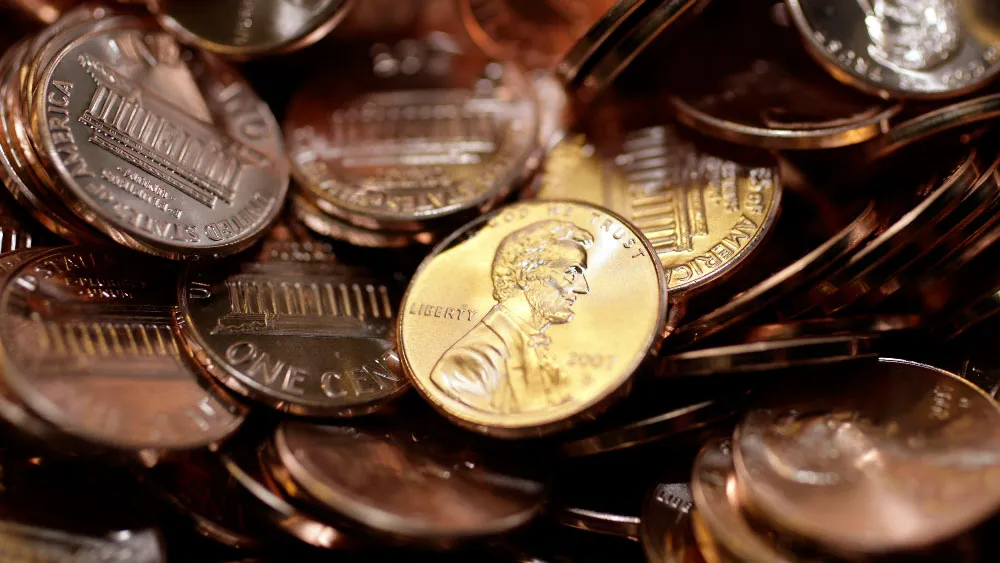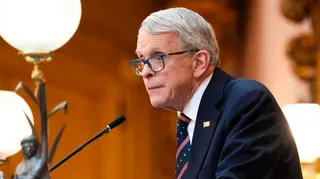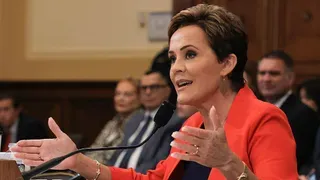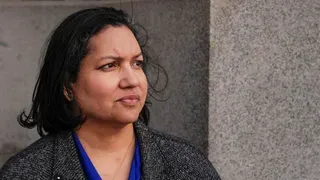January 18, 2011
Supreme Court Won't Take Up D.C. Gay Marriage
Steve Weinstein READ TIME: 2 MIN.
Chalk up yet another victory for gay marriage in this country --�and this time, it's in the heartbeat of the nation. The United States Supreme Court has rejected an appeal from opponents of same-sex marriage who wanted to overturn the District of Columbia's gay marriage law by submitting it to popular vote, which they assumed would go in their favor.
The court did not comment Tuesday, Jan. 28, when it turned away a challenge from suburban Maryland pastor "Bishop" Harry Jackson, who has made D.C. gay marriage his personal cause celebr�. He was joined by other interested parties who were trying to get a measure on the ballot to allow citizens of the District of Columbia to vote on a measure that defines marriage as between a man and a woman.
Jackson had led the lawsuit against the district's Board of Elections and Ethics after it refused to put that initiative on the ballot. The board ruled that the ballot question would in effect authorize discrimination.
In December 2009, the D.C. Council overwhelmingly passed the Religious Freedom and Civil Marriage Equality Act of 2009. The bill was signed by Mayor Adrian Fenty, transmitted to Congress for review and became law on March 3, 2010. Last year, Washington began issuing marriage licenses for same-sex couples; in 2009, it had already begun recognizing gay marriages performed elsewhere. It joined five states legalizing same-sex marriages.
In a statement, the Human Rights Campaign applauded the decision.
"Today's action by the Supreme Court makes abundantly clear that D.C.'s human rights protections are strong enough to withstand the hateful efforts of outside anti-LGBT groups to put people's basic civil rights on the ballot," said HRC President Joe Solmonese. "For almost two years, the National Organization for Marriage and the Alliance Defense Fund, along with Bishop Harry Jackson, have fought a losing battle."
Steve Weinstein has been a regular correspondent for the International Herald Tribune, the Advocate, the Village Voice and Out. He has been covering the AIDS crisis since the early '80s, when he began his career. He is the author of "The Q Guide to Fire Island" (Alyson, 2007).







